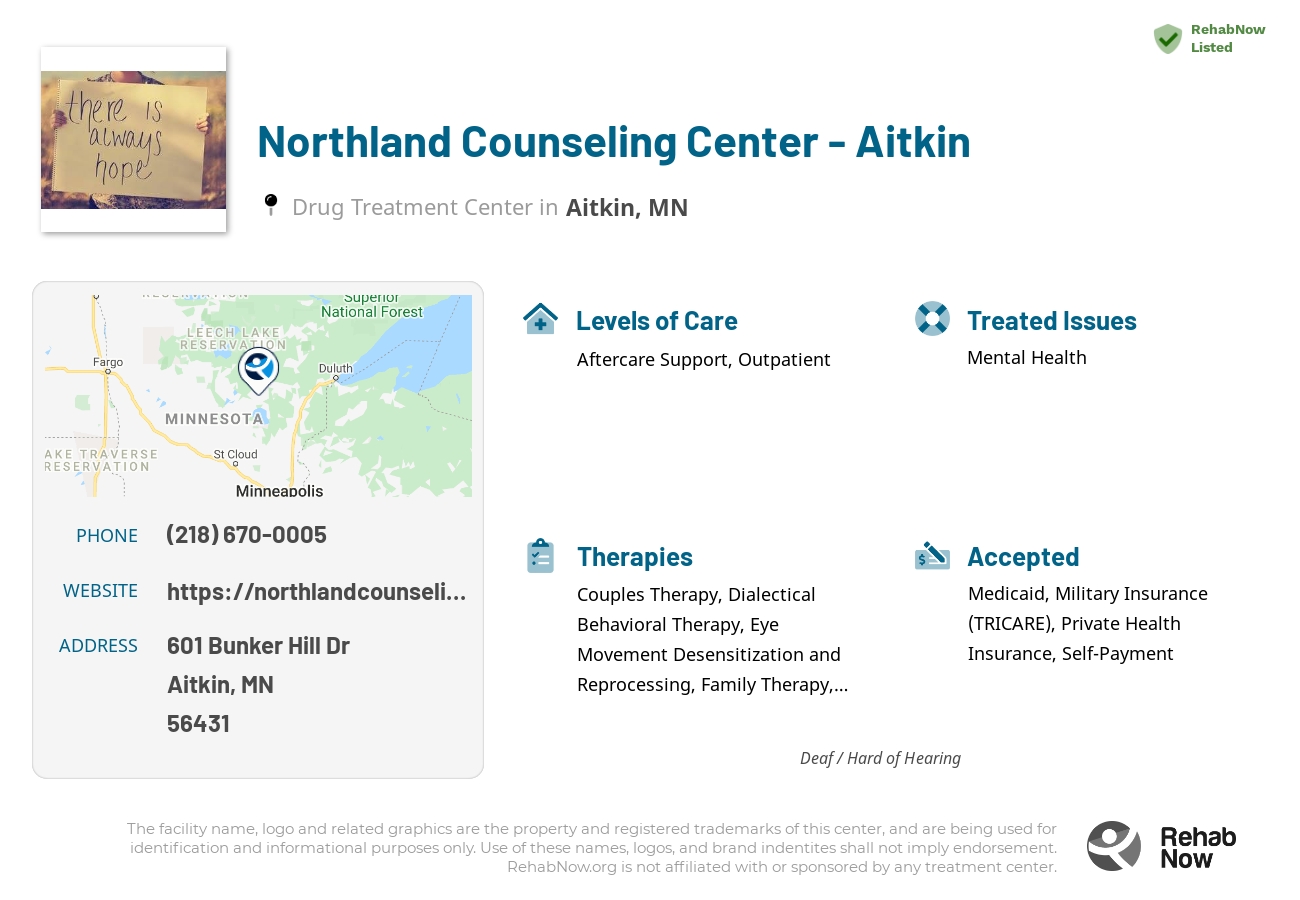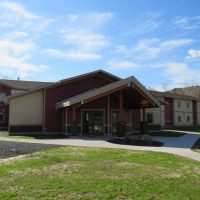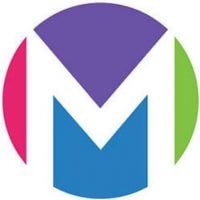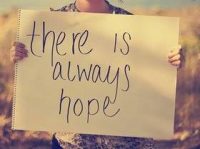
Northland Counseling Center - Aitkin
Drug Rehab Center in Aitkin, Minnesota
- Mental Health
Northland Counseling Center - Aitkin in Aitkin, Minnesota offers mental health, addiction, substance abuse, and alcoholism treatments, with various levels of care, accepting private health insurance and ensuring high-quality care through accreditation and licensing, and provides evidence-based therapies, specialized programs, and a supportive environment for individuals seeking addiction recovery.
About This Minnesota Facility
Northland Counseling Center - Aitkin is a trusted Addiction Treatment Facility in Aitkin, Minnesota, providing individuals with mental health, drug addiction, substance abuse, and alcoholism treatments. This facility offers a variety of levels of care including outpatient and aftercare support. Northland Counseling Center - Aitkin accepts private health insurance, and is a proud affiliate of Northland Counseling Center. This organization has been accredited by the Joint Commission and licensed by the Minnesota Department of Human Services, ensuring that clients receive the highest quality of care.
The staff at Northland Counseling Center - Aitkin are dedicated to helping individuals break free from the bonds of addiction. Through evidence-based treatments such as Cognitive Behavioral Therapy and motivational interviewing, individuals are able to gain insight into the underlying issues that are causing their addiction. In addition, Northland Counseling Center - Aitkin offers specialized programs tailored to the individual’s issues such as relapse prevention, family support, and gender-specific treatment. These services are provided in a safe and supportive environment, ensuring that individuals are able to make the necessary changes to overcome their addiction.
Genders
Ages
Modality
Additional
Conditions and Issues Treated
Levels of Care Offered at Northland Counseling Center - Aitkin
This center offers a variety of custom treatment tailored to individual recovery. Currently available are Aftercare Support, Outpatient, with additional therapies available as listed below.
Individuals struggling with drug addictions can get help from several treatment options, including inpatient and outpatient programs. Outpatient drug treatment programs can also provide patients with different levels of care, usually depending on the patient’s degree of addiction.
At an outpatient program in Aitkin, a patient will attend a recovery program during the day and return home in the evening. Suppose a patient is struggling with drug addiction. In that case, an outpatient program can serve as an effective transition point during the recovery process.
Aftercare is a part of drug rehabilitation. It is also known as “post-treatment support.” Aftercare programs are available for addicts after they complete drug rehab. It is often the final step in the recovery process. The goal of aftercare is to ensure that addicts maintain their achievements in rehab and do not relapse. Professionals generally provide aftercare (including addiction therapists, physicians, social workers, psychologists) and involve individual and group therapy sessions.
Therapies & Programs
Individual therapy is a critical component of addiction recovery. It allows the patients to go deep into their core issues and discover how to handle those problems better. Therapy can be conducted in individual sessions as well as group settings. In individual therapy for addiction, the patient meets with their therapist one-on-one to focus on the underlying issues. This allows patients to open up and discuss personal topics they may not feel comfortable discussing in a group setting. This type of therapy can help develop solutions specific to each patient, which helps speed up the recovery process.
Couples therapy is beneficial for couples in which at least one partner has a substance use disorder. This type of therapy can help partners improve communication skills, which is an important factor in a healthy relationship. It can also help partners better understand one another so they have a greater understanding of how the other partner may be feeling.
Benefits of couples therapy include:
- Improvement in communication skills
- Increased understanding of the dynamics within a relationship
- Increased sense of support and trust in the relationship
- Better teamwork between partners/increased willingness to listen and work together
- Enhanced tolerance of each other’s shortcomings
- Improved ability to have open, honest communication with each other
Family therapy is a crucial part of drug treatment and getting sober. It is one of the most effective ways to help addicts stay on the path to long-term sobriety. When a drug addict decides that they want to try and get sober, it takes the support of every person they love to succeed. It can be incredibly difficult for loved ones to watch an addict go through the pain and suffering of withdrawal, but by being there with them and supporting them, they can help to make sure that the addiction never returns.
One of the most important parts of family therapy is the relapse prevention plan. During treatment, therapists and doctors will often sit down with the addict and their family to develop a plan in case the addict ever feels like they want to use again. This plan should involve steps the addict and family can take together to prevent them from relapsing in the future. An addict’s family can play a vital part in helping them to avoid relapse because they can spot the warning signs and help them get back on track before it becomes too much of a problem.
Group therapy helps prevent addicts from feeling isolated or unique in their situation by offering a sense of comfort and fellowship. It also creates a forum for addicts to build their support systems and learn from each other. The group therapy sessions at Northland Counseling Center - Aitkin occur in a group setting rather than one-on-one to create a safer, controlled environment where addicts feel comfortable.
Trauma therapy helps people dealing with addiction by allowing them to confront the traumas of their past and move past them. It is important to note that trauma therapy should not be confused with PTSD (post-traumatic stress disorder) Rather, it is used to treat the effects of trauma, which are often at the root of addiction.
Dialectical Behavior Therapy was developed in the 1980s to treat chronically suicidal individuals. It is a cognitive-behavioral therapy that combines strategies derived from Zen Buddhism, such as mindfulness training. DBT has been adapted for use with other types of psychiatric problems, including substance abuse and personality disorders. DBT aims to help patients change their thinking and behavior, instead of relying on medication.
Cognitive Behavioral Therapy (CBT) is a common therapeutic approach to help drug addicts. It teaches addicts new ways of thinking and behaving so that they can avoid relapse. There are several forms of CBT used in drug rehabilitation centers.
Cognitive Restructuring helps addicts identify faulty, negative thinking so that they can work together with the therapist to find healthier ways of thinking, resulting in better decision-making.
Cognitive Behavioral Therapy for Addiction uses the principles of CBT to help treat addiction. It focuses on specific aspects of each person’s thinking, feeling, physiology, and behavior. It aims to identify specific problems in these areas and create a personalized treatment strategy.
Eye movement desensitization and reprocessing is a form of psychotherapy that allows individuals to heal from the emotional distress that is the result of disturbing life experiences. It uses alternating bilateral stimulation the therapeutic process where the patient moves his/her eyes back and forth while recalling distressing thoughts or feelings can be facilitated by this eye-movement technique.
- It is effective to treat a range of different problems such as: anxiety, depression and grief.
- short term therapy (8-16 sessions) and normally 10 sessions is maximum treatment time required for treating emotional problems.
- has been found to be as helpful as cognitive behavioural therapy or exposure therapy.
Payment Options Accepted
For specific insurance or payment methods please contact us.
Is your insurance accepted?
Ask an expert, call (888) 674-0062
Northland Counseling Center Associated Centers
Discover treatment facilities under the same provider.
- Northland Counseling Center - International Falls in International Falls, MN
- Northland Counseling Center - Nashwauk in Nashwauk, MN
- Northland Counseling Center - Grand Rapids in Grand Rapids, MN
Learn More About Northland Counseling Center Centers
Additional Details
Specifics, location, and helpful extra information.
Aitkin, Minnesota 56431 Phone Number(218) 670-0005 Meta DetailsUpdated November 25, 2023
Staff Verified
Patient Reviews
There are no reviews yet. Be the first one to write one.
Aitkin, Minnesota Addiction Information
Minnesota is fighting an opioid epidemic that is leaving hundreds of its residents dead each year. Both prescription opioids and illicit opioids are widely abused in the Land of 10,000 Lakes. Heroin continues to be one of the most commonly abused drugs in the state, if not the most common illicit drug. Over 10% of all treatment admissions in Minnesota list heroin as their drug of choice.
Treatment in Nearby Cities
- Long Prairie, MN (68.1 mi.)
- North Branch, MN (78.1 mi.)
- Sandstone, MN (48.0 mi.)
- Rochester, MN (183.8 mi.)
- Virginia, MN (87.6 mi.)
Centers near Northland Counseling Center - Aitkin
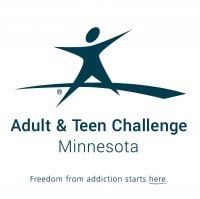

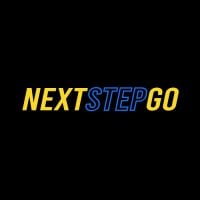
The facility name, logo and brand are the property and registered trademarks of Northland Counseling Center - Aitkin, and are being used for identification and informational purposes only. Use of these names, logos and brands shall not imply endorsement. RehabNow.org is not affiliated with or sponsored by Northland Counseling Center - Aitkin.

